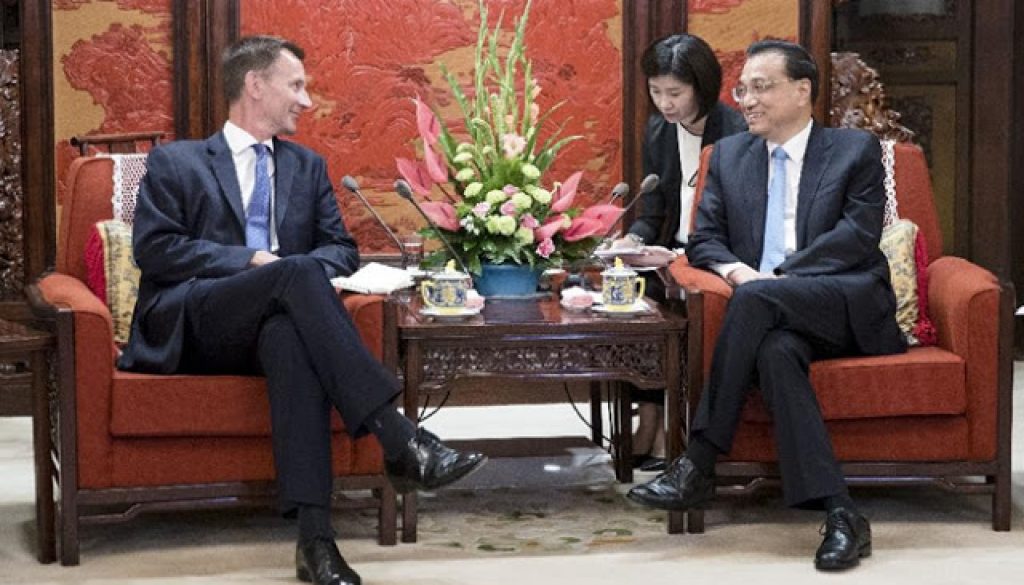Rwandan government ready to support apparel industry without U.S. trade benefit
The Rwandan government is ready to help
textile manufacturers in the country when it is necessary, the trade
minister said Tuesday after U.S. suspending duty-free status for apparel
exports from Rwanda.
textile manufacturers in the country when it is necessary, the trade
minister said Tuesday after U.S. suspending duty-free status for apparel
exports from Rwanda.
The government is considering several measures to support them, said
Rwandan Minister of Trade and Industry Vincent Munyeshaka at a media
briefing in Kigali, capital city of Rwanda.
Rwandan Minister of Trade and Industry Vincent Munyeshaka at a media
briefing in Kigali, capital city of Rwanda.
“We have met with manufacturers and assured them that there is even
big domestic market for textiles to look at. We chose to promote local
industries and local production to create jobs and increase exports
while satisfying local demand,” said the minister.
big domestic market for textiles to look at. We chose to promote local
industries and local production to create jobs and increase exports
while satisfying local demand,” said the minister.
Munyeshaka also urged Rwanda’s textile manufacturers to think about
other markets in Europe and Asia with which the government has signed
preferential trade agreements.
other markets in Europe and Asia with which the government has signed
preferential trade agreements.
He made the remarks after U.S. suspended the application of duty-free
treatment under the African Growth and Opportunity Act (AGOA) for all
apparel products from Rwanda.
treatment under the African Growth and Opportunity Act (AGOA) for all
apparel products from Rwanda.
AGOA is a U.S. trade act that enhances market access to the U.S. for qualifying sub-Saharan African countries.
The withdrawal of the trade preference followed a decision by East
African countries to raise tariffs on second-hand clothing imports, in
order to promote local manufacturing capacity in garment and other
industries.
African countries to raise tariffs on second-hand clothing imports, in
order to promote local manufacturing capacity in garment and other
industries.




